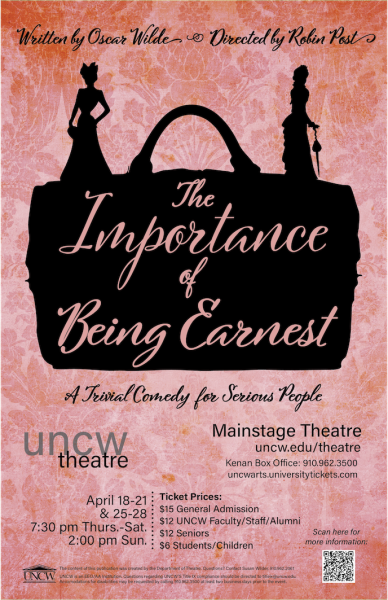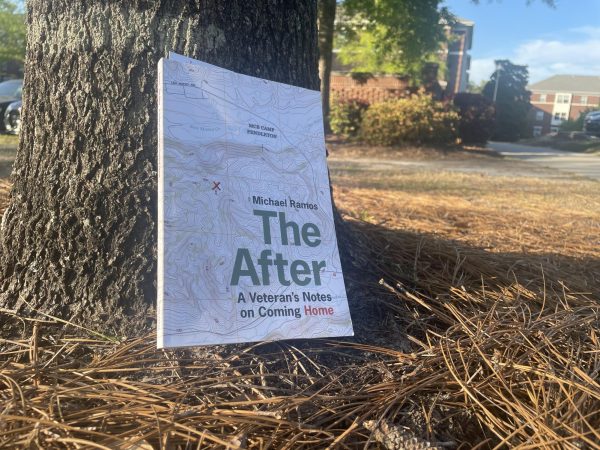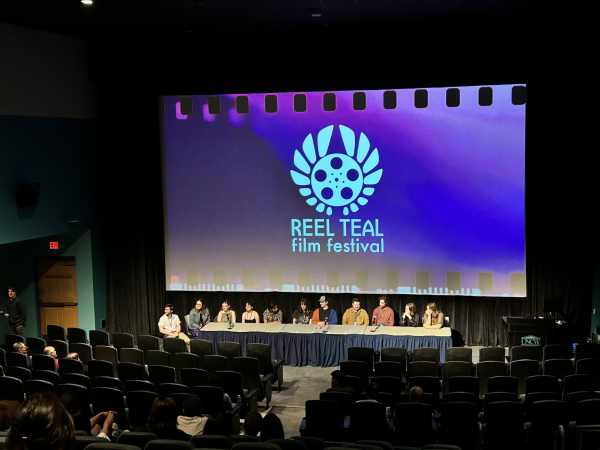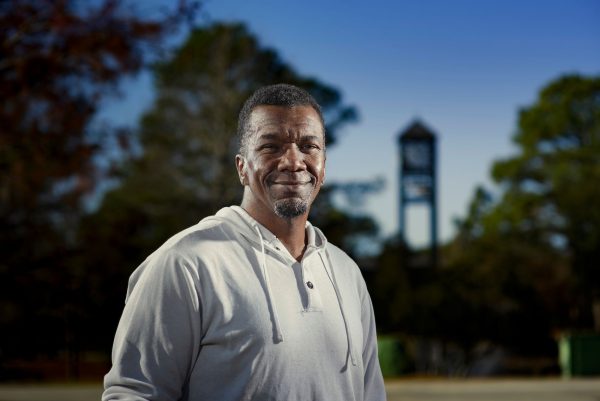Antebellum deeds updated for modern times and the impact it can have on the community
March 17, 2016
With the help of students and interns, a Cape Fear Community College instructor’s work involving the antebellum deeds of New Hanover County has led to the copying and organization of thousands of county documents that entail the business of slavery, and he does not plan on slowing down on this progress any time soon.
Dr. James C. Burke has been visiting New Hanover County Register of Deeds’ office on North Second Street for nearly two and a half years, and in this time Burke and his interns have a volume covering deeds from the 1730s until 1820s.
Along with this large volume of deeds, Burke and his students’ have created a searchable database that is accessible through Cape Fear Community College’s website as well as through the register of deeds’ office.
However, the work is far from done. In a presentation Burke gave to a UNC Wilmington history class, Burke stated that the work done so far has not even gone up to the time of emancipation in 1865.
“Right now we are somewhere around ‘W’,” said Burke. “So there are plenty of [deeds] left [to work on].”
And since Burke has spoken to UNCW students, he is “happy to report” that somewhere in the neighborhood of 400 new entries have been added to the Series II database by volunteers.
Burke, who visits the deed’s office regularly, is still searching for his project and hopes that by speaking at UNCW he could garner student involvement.
“I’m pretty much working on this alone now, with help from a graduate student,” said Burke to Star News. “The project isn’t dead, but it’s just trickling along.”
And although this is no longer true- according to Burke the articles in the newspaper gathered some attention, so much so that two of the students in the history class he visited were currently working on the project with Burke- he still finds that more student and community involvement could prove to make this endeavor all the more successful.
Burke also wanted those interested in the project to know how rewarding being a part of such a project is, along with explaining how the project personally affected him.
After Burke explained to the class about how much work is left to be done, the professor that invited Burke to speak to his class, Dr. Chris Fonvielle, asked Burke what he learned from working on these deeds.
The lives of African Americans and their experiences in the Lower Cape Fear region at the time were rather complex, is what Burke had to say about what he has learned from this project.
“By looking at each document… you see how complex [the issue of slavery] is,” said Burke. He even mentioned his wonderment in how individuals and their families could become an instrument for commerce within such institutions.
These documents also showed how hard it was to be a free black person at the time, explained Burke. How in some instances, emancipated slaves sold themselves back into slavery for food, shelter, protection and a little bit of money, showing how dire the situations of black people at the time were.
These deeds also dealt with more than familial ties: they show where people lived; what job they had; who they married or had cohabitational relationships with; it explained people’s entire lives and will help those looking into their family’s history in the area.
Burke mentioned how working on these deeds and databases will make looking into the past easier for members of the community or relatives of those who were in the slave trade in this county.
And with the stories he shared with the UNCW class he visited as well as the promise of credible work to put on resumes that also help the community in return, Burke hopes to inspire even more students to join his effort and to look into New Hanover County’s deep history involving slavery.





















